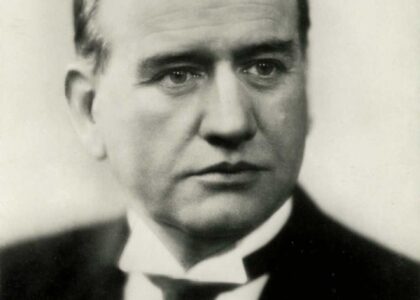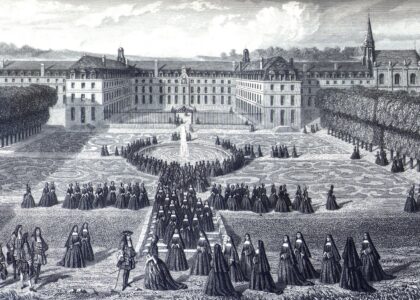Welcome to a fascinating journey through the life and times of Rémy de Gourmont, a significant figure in French literary history. Born on April 4, 1858, in Bazoches-au-Houlme, Normandy, Gourmont became a prominent symbolist writer, critic, and philosopher whose influence extended well beyond his lifetime. Imagine the vibrant intellectual circles of late 19th-century Paris, where Gourmont’s work thrived alongside contemporaries like Stéphane Mallarmé and Paul Valéry.
Gourmont’s literary career began to take shape in the 1880s when he moved to Paris, a city that pulsed with creativity and change. At this time, he began contributing to Le Mercure de France, a leading literary magazine that became synonymous with the symbolist movement. His essays and critiques challenged the norms, advocating for the freedom of thought and expression.
During the 1890s, Gourmont published ‘Le Latin Mystique,’ a collection of essays that explored medieval Christian mysticism, showcasing his deep interest in the intersection of religion and literature. His work was groundbreaking, influencing the way future generations approached literary criticism.
As you continue to explore his legacy, consider the impact of his 1899 essay, ‘Le Chemin de Velours’ (The Velvet Path), which cemented his place as a thought leader in European intellectual circles. This essay delved into the nuances of language and its philosophical implications, a theme that resonated with scholars and writers alike.
Gourmont’s influence was not limited to his writings; he was also a mentor to younger writers, including the renowned author Blaise Cendrars. His unique perspective and encouragement helped shape the literary landscape of the early 20th century.
Despite his success, Gourmont faced personal challenges. In 1891, he contracted lupus vulgaris, which significantly affected his health and social life. Yet, this did not deter his prolific output; instead, it fueled his introspective and philosophical writings until his death in 1915.
Today, Rémy de Gourmont is remembered as a pioneering figure whose work laid the groundwork for modern literary criticism. His contributions continue to be studied and celebrated, offering insights into the complexities of language, literature, and human thought.




